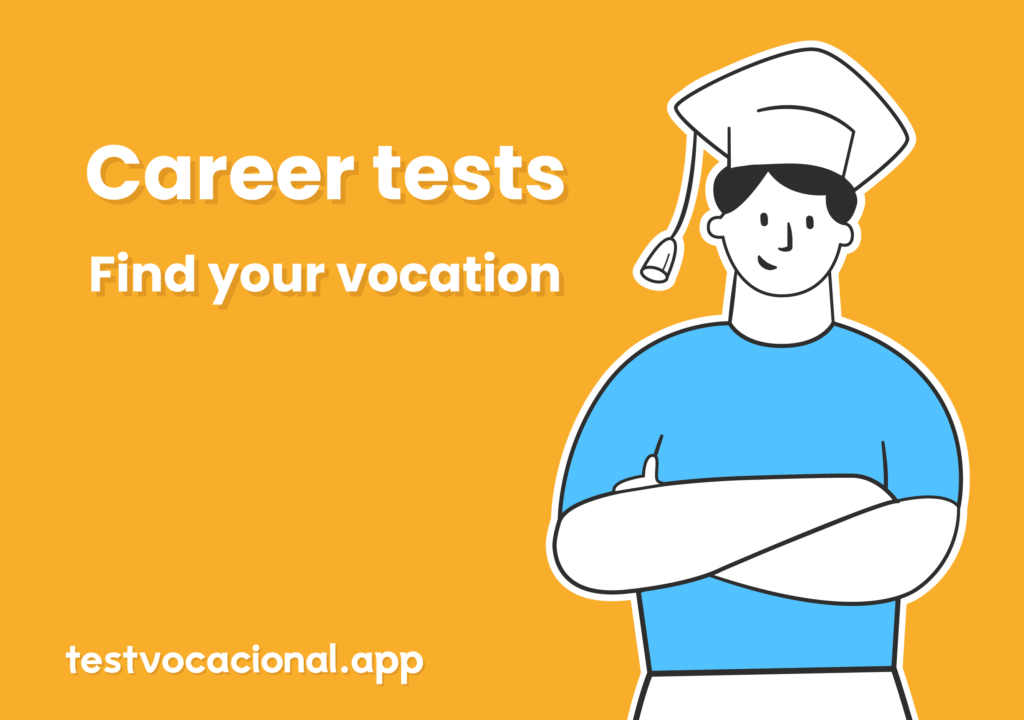Career guidance test
Career tests are tools used in the career guidance process to help you choose a profession. A career test allows you to reflect on your preferences and interests, assessing your skills in different occupational fields.
After taking these tests, you will gain a better understanding of yourself, discover your interests, and explore how to align them with a specific professional field based on your abilities.
What the career test is for?
During the vocational guidance process, you will learn valuable information about personal aspects, reflect on your likes and preferences, and learn more about your personality. After completing a series of tests, you will get a comprehensive understanding of yourself by identifying your skills, interests, study habits, areas of knowledge, and professional preferences, among other factors.
We recommend taking several vocational tests and, after obtaining the results, integrate all the information with other aspects to consider, such as career demand, the availability of universities and institutions, specialties, etc.
How to take a career test?
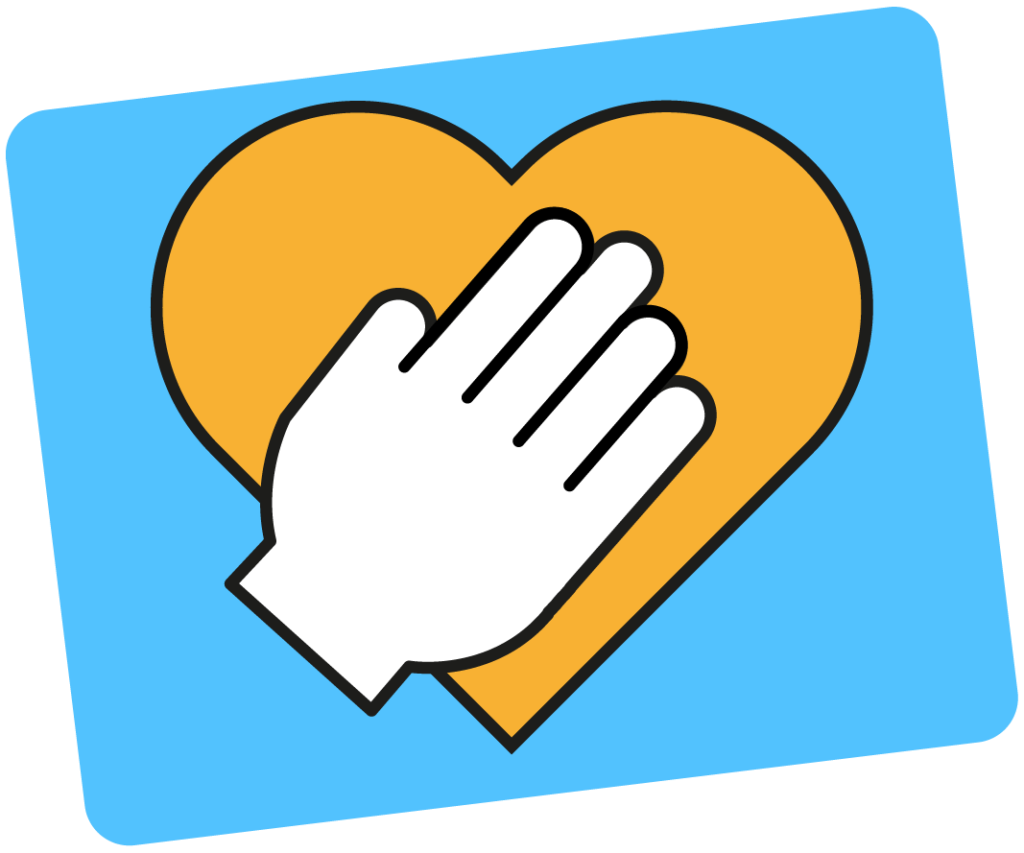
Answer Honestly
Avoid responding based on the result you hope to get. Be sincere with your answers to ensure the most accurate outcome.

Take Your Time
Vocational tests include multiple questions, so we recommend setting aside enough time to think through each answer and complete the test properly.
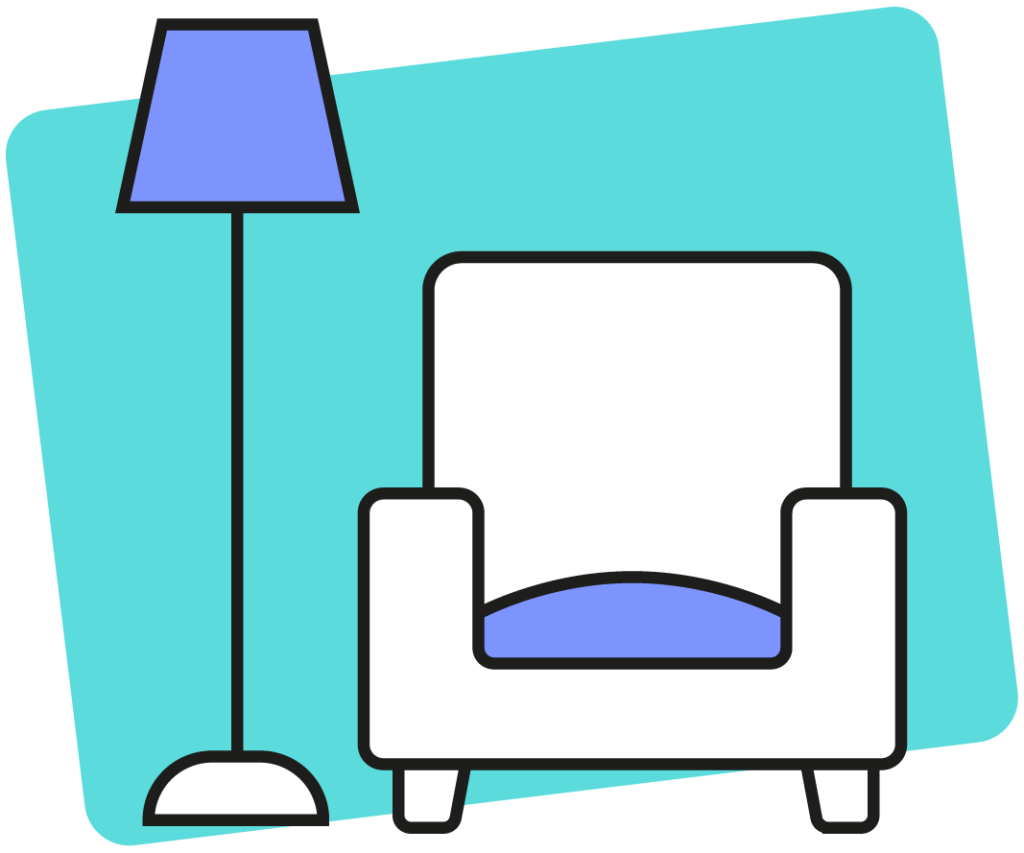
Choose a Quiet Place
Find a comfortable, distraction-free space where you can focus on the questions and respond with a clear mind.
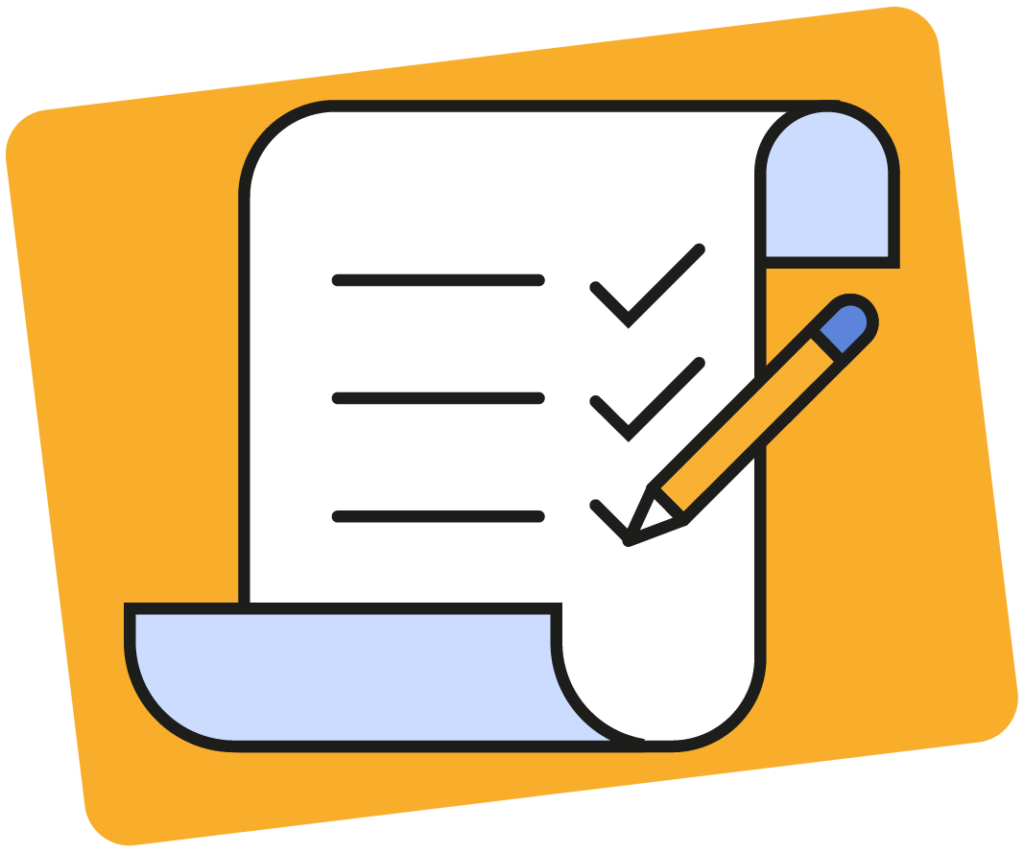
There Are No Wrong Answers
Remember, there are no right or wrong answers. These tests are a starting point to help you understand yourself better.
Free Career Test
There are many types of career orientation tests, each with different question formats and approaches.
Take career tests to discover your interests, and skills, and find out everything you need to know about university degrees.
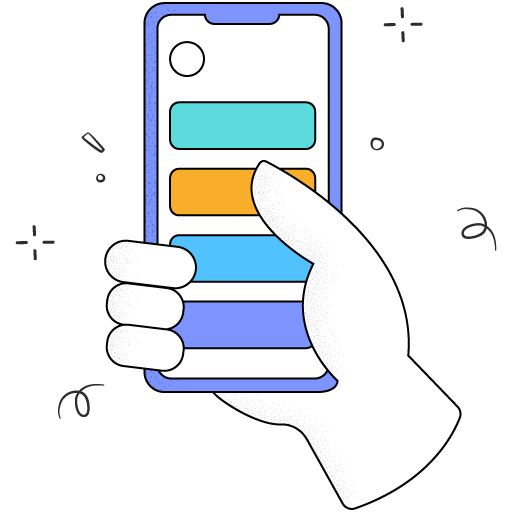
Chaside Test – Aptitudes & interests
The Chaside test is a tool designed to help you determine the most appropriate decision based on your interests, skills, and/or preferences.
Chaside Career Test Result: Your Vocational Profile
To create your vocational profile, each interest is associated with two skills.
After taking our Career Tests, you will gain a deep understanding of your results.

What are interests?
Interests are natural inclinations or tendencies that people have toward certain activities, objects, or individuals. You may have multiple interests, and these interests make your work or activities enjoyable.
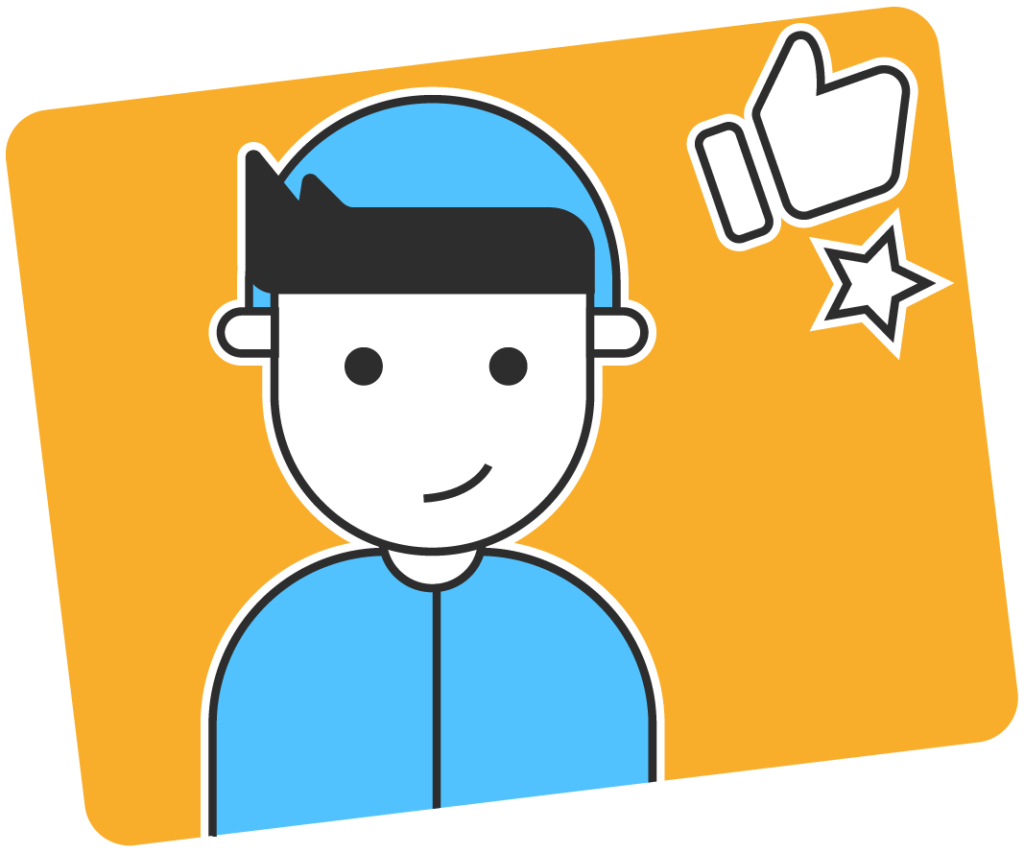
What are aptitudes?
Aptitudes are abilities that people have to perform certain activities. They are skills developed through practice and repetition, learned and trained. This means that aptitudes are the result of the interaction between the characteristics a person inherits and the environment that surrounds them.

What is a vocational profile?
A vocational profile is the result of gathering information about a person, and it is made up of their interests, aptitudes, and personality traits.
This profile helps identify and connect professional activities with fields of study in which the individual may thrive in the future.

Occupational Areas
Occupational areas are determined by your interests and aptitudes. They are divided into seven groups:
- Exact and Agricultural Sciences
- Administrative and Accounting
- Humanities and Social Sciences
- Arts
- Medicine and Health Sciences
- Engineering and Computing
- Defense and Security
M.M and M.G Career Test – Find out what careers to study
The M.G and M.M Career Test is a method designed to help students identify their vocational and professional interests and clarify their university career choices.
After completing the test, you will receive results highlighting the two categories or fields of knowledge that best match your profile.
M.M and M.G Test Results: Occupational Areas
Occupational areas are groups of careers that share a common work environment or are based on the same scientific or technical principles. These areas encompass different types of professional activities.
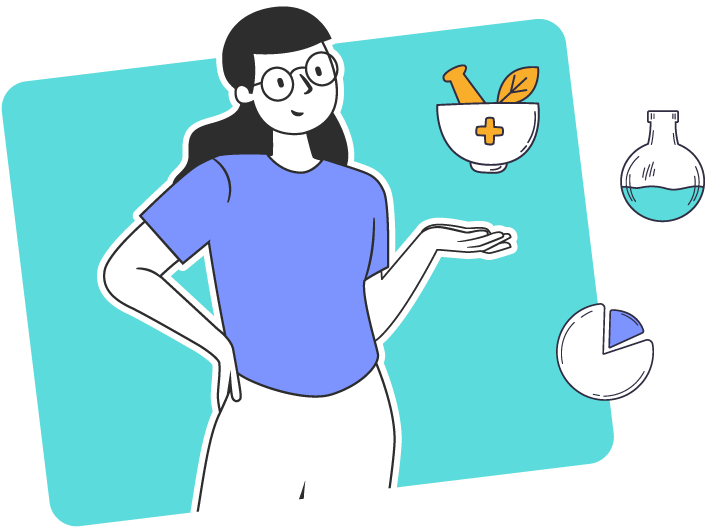
The five occupational areas are:
- Ecological, Biological, and Health Sciences
- Art and Creativity
- Social Sciences and Humanities
- Economics, Administration, and Finance
- Science and Technology

Holland Test
The Holland Test comes from the “Holland Code,” which divides personalities into six groups and defines the professions that fit each personality type.
The test will help you recognize the dominant traits of your personality, your aptitudes, and your affinities and inclinations in the professional field. Thanks to this, you will be able to objectively analyze and understand who you are.
Holland Test Results: Personality Types
Discover which personality types dominate your profile and identify the careers and professions that best match your traits. Just like people, professions align with multiple personality types, as it’s impossible to be 100% of just one.
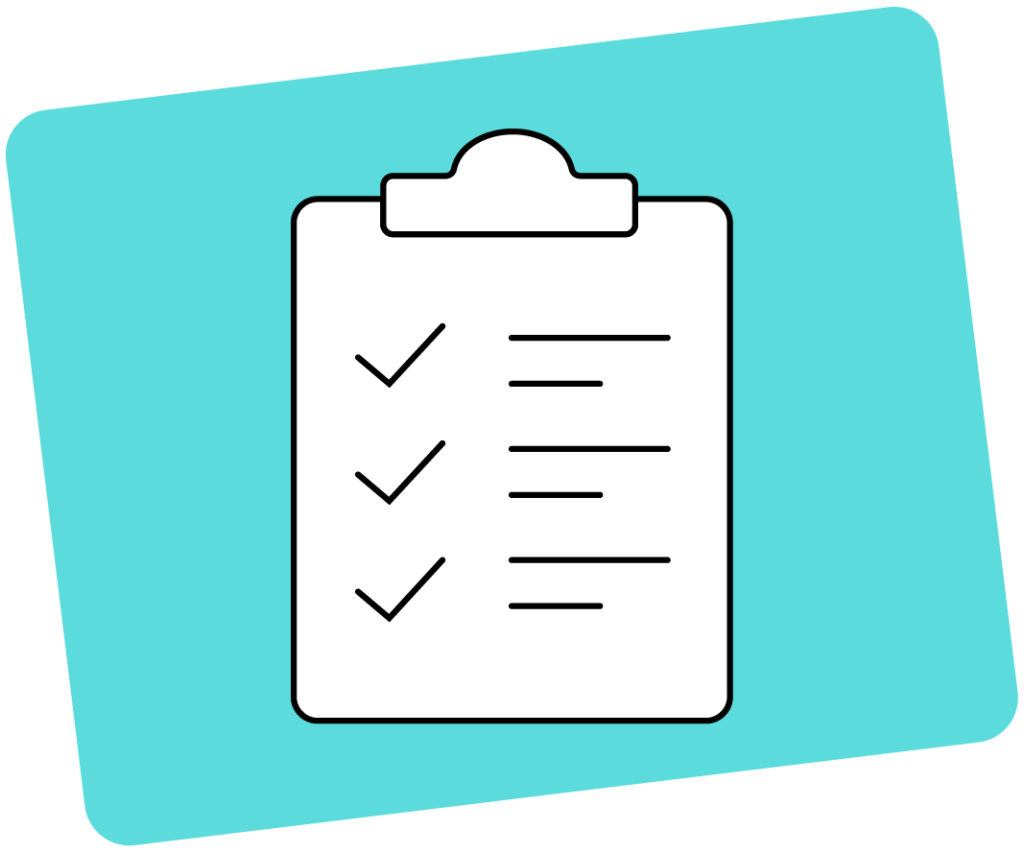
Conventional Personality (Organizers)
Careers: Secretaries, accountants, clerks, administrators, logistics and management professionals, among others.
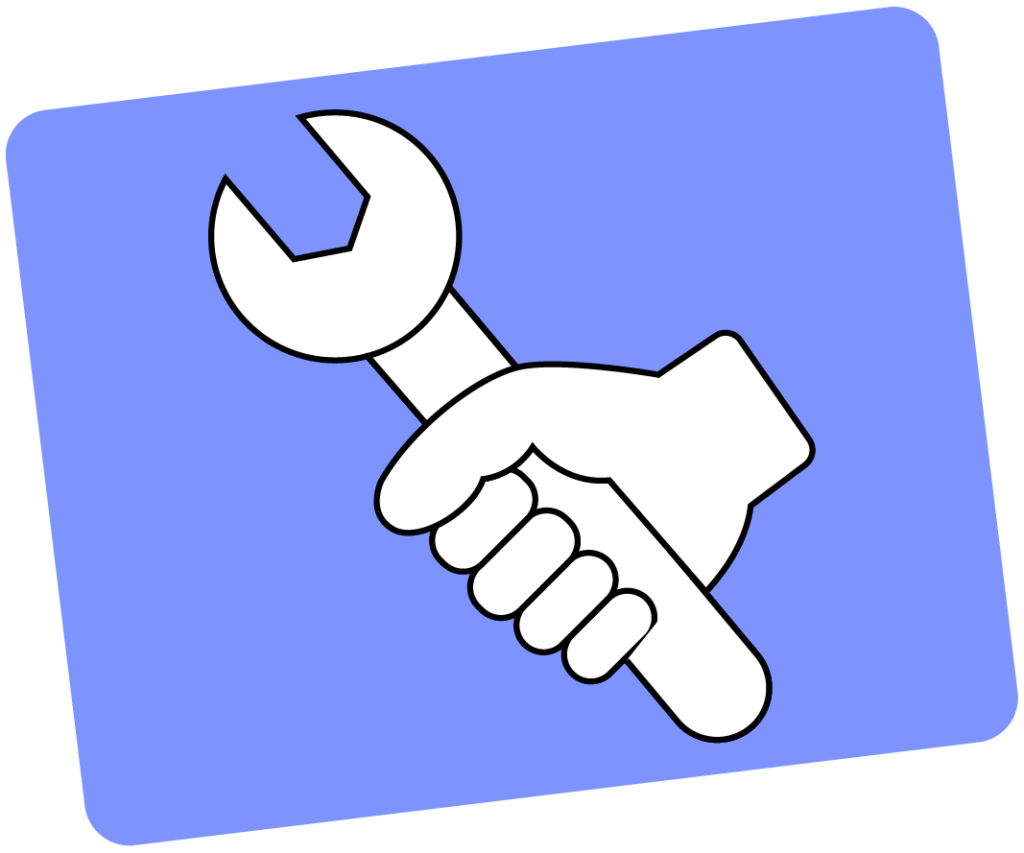
Realistic Personality (Doers)
Careers: Engineers, architects, farmers, veterinarians, culinary professionals, doctors, among others.
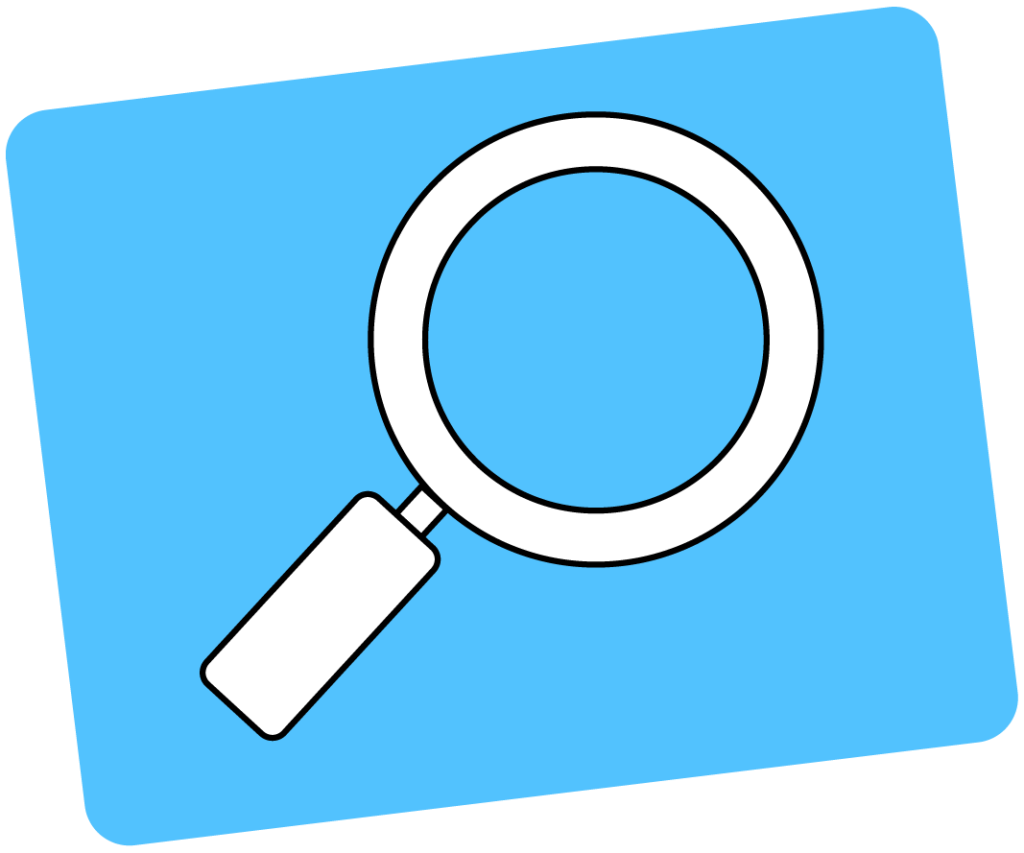
Investigative Personality (Thinkers)
Careers: Doctors, psychologists, scientists, mathematicians, among others.

Enterprising Personality (Persuaders)
Careers: Bankers, sales professionals, engineers, lawyers, administrators, political science graduates, among others.
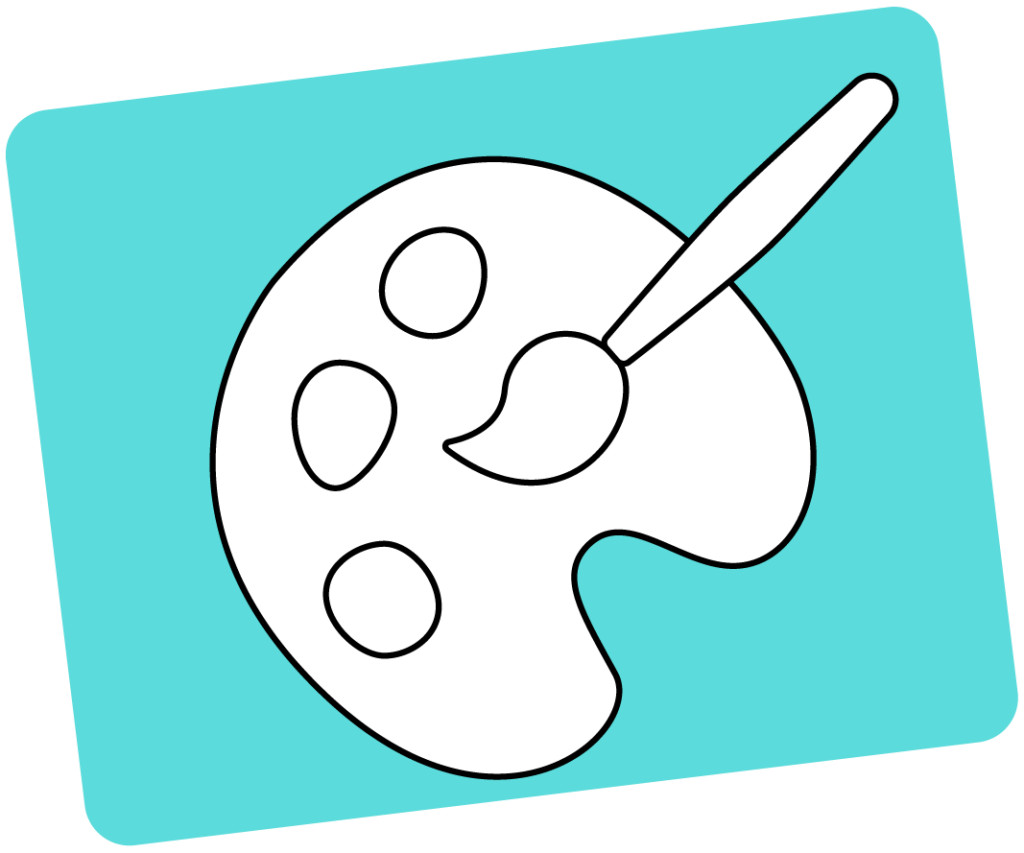
Artistic Personality (Creators)
Careers: Musicians, actors, journalists, writers, graphic and interior designers, among others.
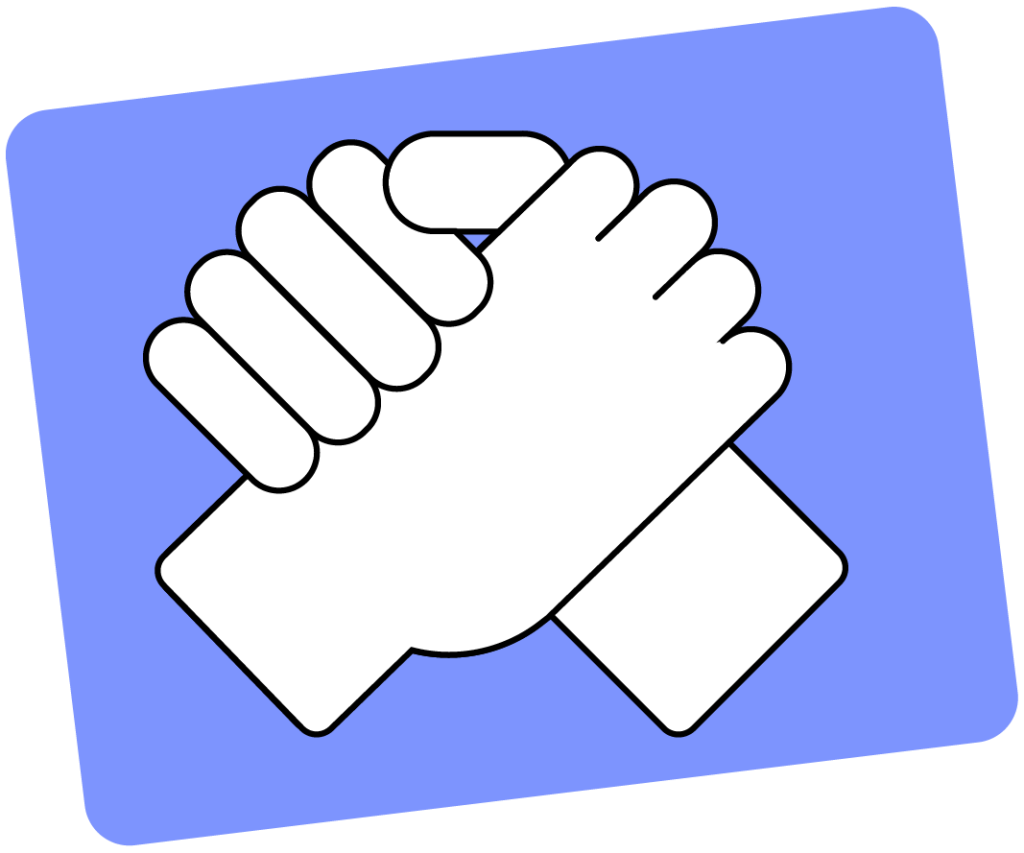
Social Personality (Helpers)
Careers: Doctors, teachers, psychologists, social workers, among others.
University Degrees
After taking the career test, you will gain access to more information about the different tertiary and university degrees available in each occupational field.
This information will help you compare various career options and understand what you will study in each program, its duration, job opportunities, and the professional activities you will perform once you graduate.

